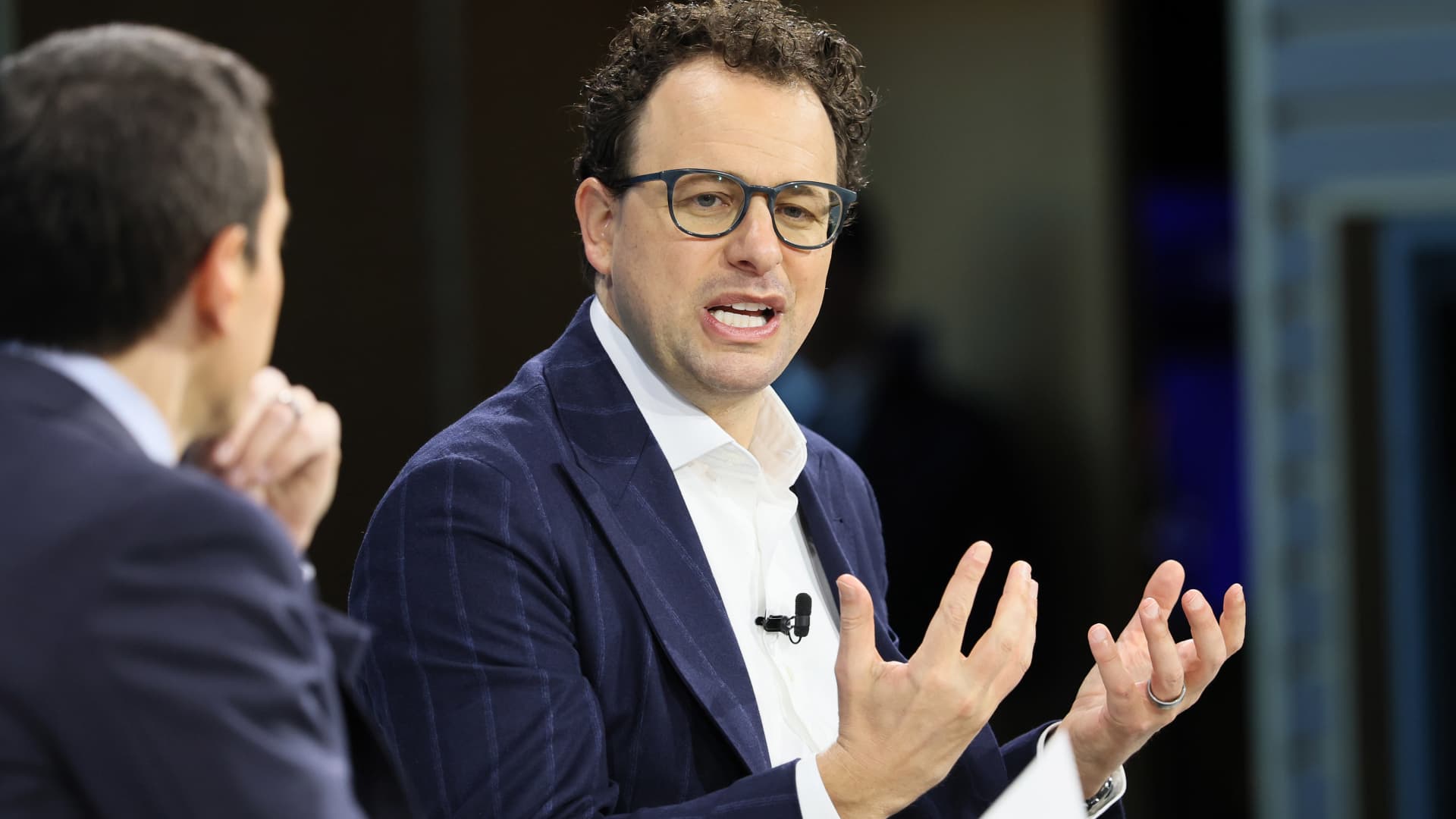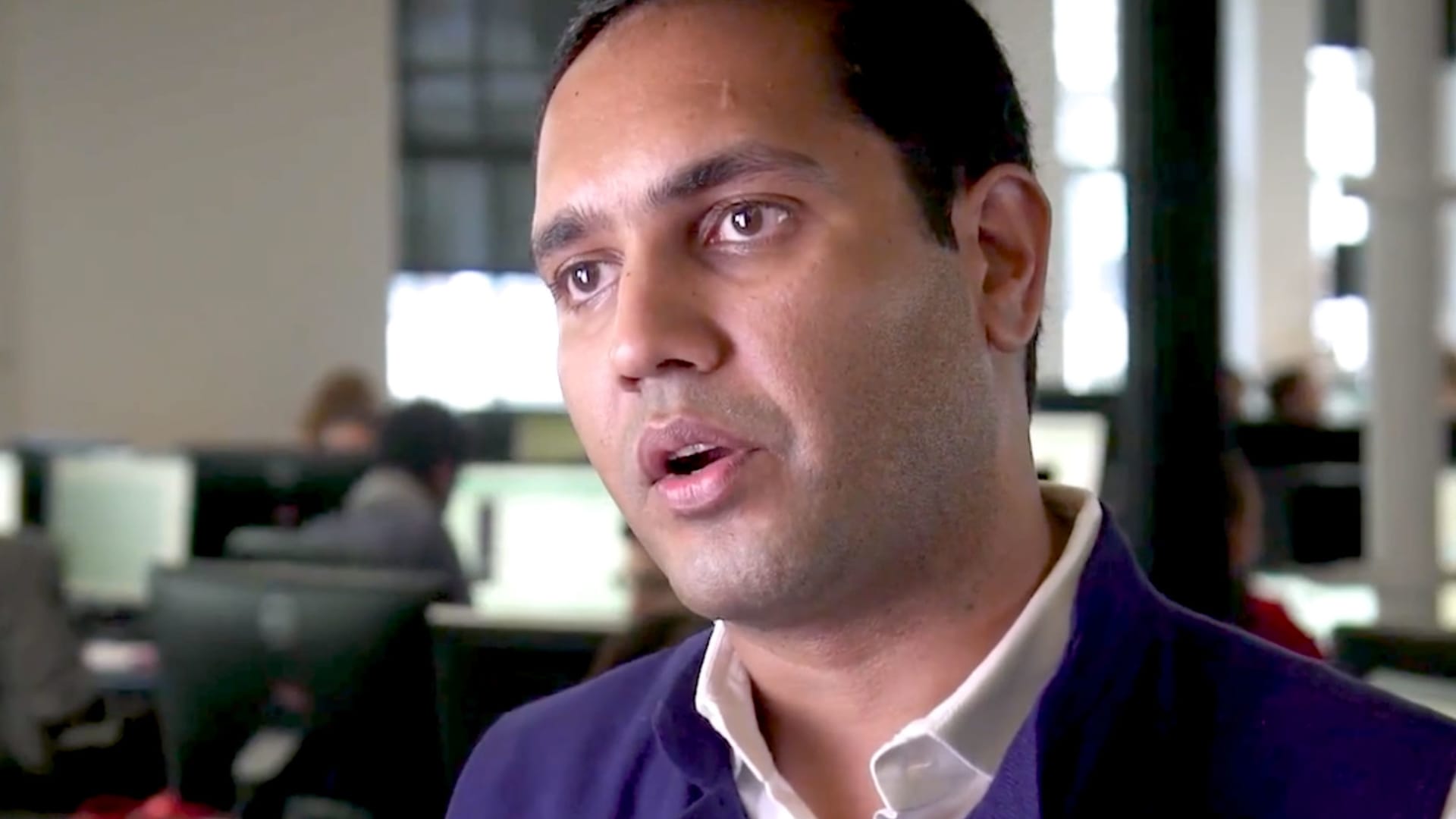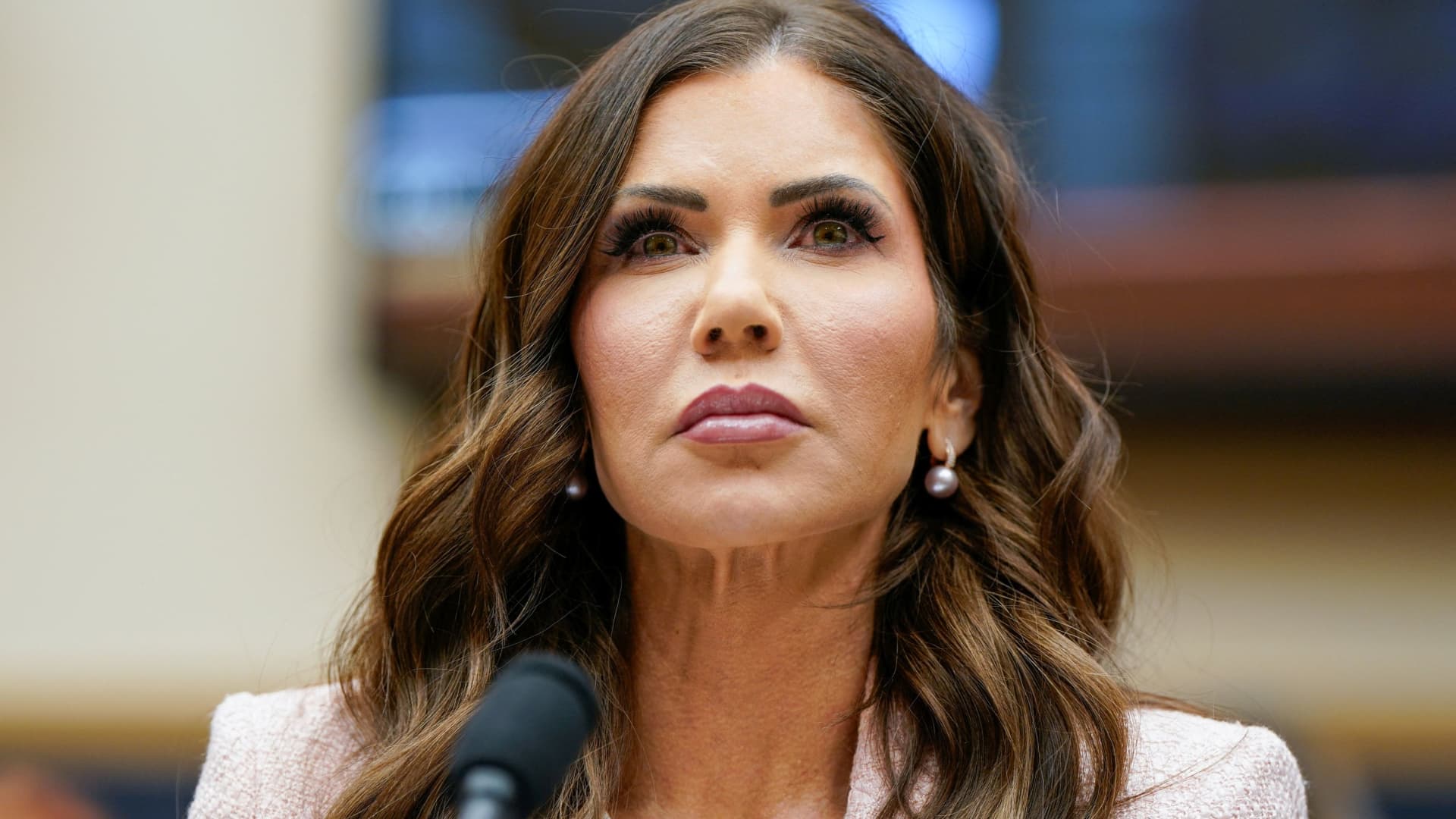Alistair Berg | Digitalvision | Getty Images
While you may hope to step out of the workforce sooner rather than later, it’s easier said than done, experts say.
On average, surveyed Americans, asked “What age should you be” for retirement, said 58, according to a recent report by Empower, which polled 1,001 adults on June 2.
That’s much younger than the current typical retirement age. On average, as of 2024, men retire at age 64 while women retire at age 62, according to the Center for Retirement Research at Boston College.
More from Personal Finance:
Trump’s ‘big beautiful bill’ makes Roth conversions more complicated
School lunch prices are up — whether you pack it or buy it
What to do with required retirement withdrawals when you don’t need the money
Even at those average ages, workers may not have planned to retire. Many Americans, 58%, end up retiring earlier than they expected, according to a 2024 report by Transamerica Center for Retirement Studies in collaboration with Transamerica Institute.
Of those who retired early, 46% pointed to health-related reasons, 43% cited employment issues and 20% family reasons. Just 21% said they retired early because they are financially stable.
What you risk with an early retirement
For those targeting retirement at age 58, they may be “looking at 30 to 40 years of not working,” as people are living longer, said Carolyn McClanahan, a certified financial planner and founder of Life Planning Partners in Jacksonville, Florida.
If you decide to retire earlier, make sure you have enough saved to tide you over for that length of time, especially in case of economic downturns such as recessions, said McClanahan, a member of CNBC’s Financial Advisor Council.
“You may end up coming up short [or] not having enough money if you quit work too early,” McClanahan said.
What’s more, you need to consider health care, as Medicare typically kicks in at age 65 — if you stop working at age 58, you’ll need to come up with health care coverage for those gap years.

Starting your retirement savings early and aggressively is key to making this goal happen. It’s also crucial to know how much money you need to live on during retirement and how much you’d need to save to get there.
The “magic number” that surveyed Americans said they need to retire comfortably is an average $1.26 million, according to an April report by Northwestern Mutual.
While that figure is lower than the prior year’s average of $1.46 million, many of those surveyed said they feel unprepared for retirement. More than half, or 51%, said they think it’s somewhat or very likely they will outlive their retirement savings, according to the report.
Some retirees end up going back to work

Citing data from the Federal Reserve, a separate report by wealth management firm T. Rowe Price said 2.4 million Americans retired during the Covid pandemic. About 1.5 million of those retirees had gone back to work by March 2022.
More than half, or 52%, of workers said they plan to work at least part-time in retirement, according to a March report by the Transamerica Center for Retirement Studies. About 80% of respondents who plan to work in retirement or past age 65 said it was due to financial reasons.
Some adults simply “have a lot of trouble retiring,” said Gloria Garcia Cisneros, a certified financial planner at LourdMurray, an investment and wealth management firm.
Garcia Cisneros said she has clients that have the option to retire but still work a few hours a week at jobs that don’t require a lot of them, are not hard on their body and are “not for the money.”
“We don’t just turn off and then live half of our life just doing nothing,” said Garcia Cisneros.
Overall, working for slightly longer can be beneficial; by delaying the year you start collecting Social Security benefits, you reduce the risk of outliving your savings.
For example, say there’s a 62-year-old who earns $100,000 per year, already has $900,000 saved for retirement and expects to spend roughly $65,000 per year in retirement, according to the T. Rowe Price report.
If that person retires at age 62, there’s a 64% chance they will not outlive their funds in retirement, researchers wrote. But if they retire at age 65 instead, there’s a 92% chance they won’t outlive their savings.












